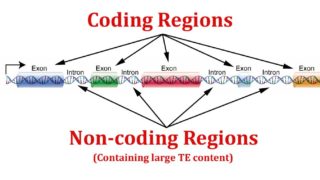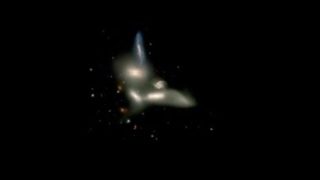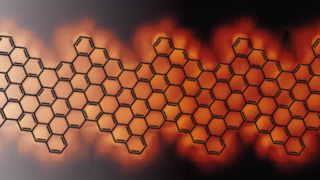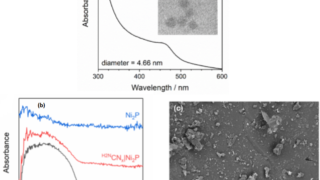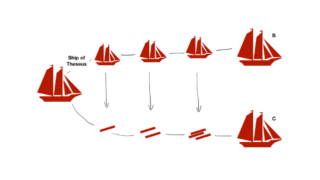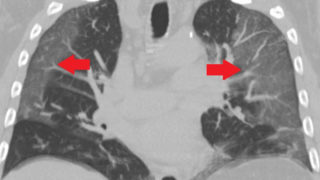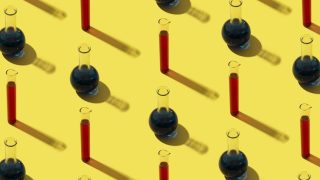
My Ph.D. supervisor just won the Nobel Prize in Chemistry for designing a safer, cheaper and faster way to build molecules and make medicine
The reason that ibuprofen treats headaches and ice cream tastes sweet is that their chemical components fit perfectly into certain receptors in your body. The better a drug or flavor molecule fits with its matching receptor, the more effective the medicine or tastier the treat. But an interesting quirk of nature is that many […]

